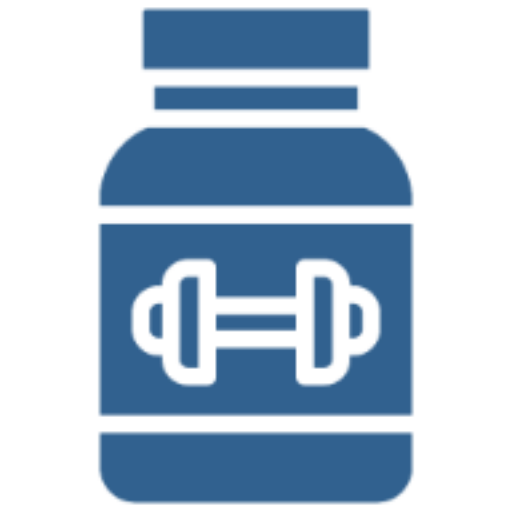What is a calorie surplus?
Calorie Surplus
A calorie surplus is a state in which you consume more calories than you burn leading to weight gain in the form of muscle or body fat. While a calorie surplus is required to gain weight, simply eating more only leads to unsightly body fat. To gain muscle, you must combine a calorie surplus with a solid strength training routine.
What is a calorie surplus?
A calorie surplus is a state in which you eat more calories than you burn. If you eat 3,000 calories per day and burn 2,500, you’ve created a surplus or excess of 500 calories per day. When you create a calorie surplus, your body either uses the extra energy to build muscle or store fat.
[php_everywhere]
How to Gain Weight
Gaining weight requires a calorie surplus. When you consistently eat more than you burn, your body either builds muscle or stores extra energy as fat. Your first step is to figure out how many calories you burn each day. You can use the calorie calculator for an estimate. The calculator estimates your daily needs based on size, gender, age and physical activity level. If you burn 3,000 calories per day, gaining weight requires an intake of over 3,000 calories per day.
How to Gain Muscle
While gaining weight simply requires a calorie surplus, gaining muscle requires combining a surplus with a strength training routine. When you overload muscles with work (strength training), the body directs extra energy (calorie surplus) to build muscle.
When you workout, you create tiny tears in muscle tissue. The body treats these tears as injuries and repairs them during rest. Once the damage is repaired, the muscle fiber becomes bigger and stronger resulting in weight gain. This recovery process is energy intensive. If you don’t provide the body with enough calories, you will not gain weight or get stronger.
A larger calorie surplus generally leads to faster weight gain. A common mistake however, is eating too much. Though your goal may be to gain weight, a larger surplus leads to excessive fat gains.
Gaining some fat is normal when gaining muscle. Keeping your calorie surplus at a moderate level (around 500 calories over what your body burns each day) keeps the fat gain to a minimum. Keeping track of your weight, body fat percentage and calorie intake helps you gain muscle rather than fat. If you notice your body fat increasing too quickly, cut back your calorie intake or increase your physical activity level.
Healthy Ways to Create a Calorie Surplus
Gaining weight isn’t a blank check to eat whatever you want. Gaining weight the healthy way requires smart food choices.
Eat foods high in complex carbs, lean proteins and unsaturated fats: 100% whole wheat bread/pasta, brown rice, vegetables, fruits, beans, nuts, chicken, turkey, some cuts of beef, seafood, low fat/fat free dairy products and vegetable oils (particularly extra virgin olive oil).
Stay away from foods high in simple carbs, sugars and saturated/trans fats: fruit juice, soda, doughnuts, muffins, candy, potato chips and white bread (refined flour).
What is body fat?
The body stores fat in response to an excessive calorie surplus. If you’re gaining fat rather than muscle, the problem is you’re eating too much. Muscle growth is limited to about 10-15 pounds per year. Eating more does not lead to faster muscle growth. Since muscle growth is limited, extra energy, beyond the requirement to grow muscle at the fastest possible pace, leads to gains in body fat rather than muscle.
Lean Gains
A common misconception is that eating “clean” or healthy foods leads to fat-free weight gain. The only factor controlling how much fat you gain during a bulking cycle is how many calories you consume relative to how many you burn. Eating too much, even healthy foods, causes body fat rather than muscle gains.
When attempting to gain weight, increase calories slowly and closely monitor weight and body fat percentage. If your body fat percentage is increasing too much, decrease calorie consumption.
The Bottom Line
A calorie surplus leads to weight gain. The type of weight you gain (muscle vs. fat) is entirely dependent on how much you eat and how much you exercise. Since muscle growth is limited to 10-15 pounds per year, increasing calorie intake beyond a certain point leads to body fat rather than muscle gains.
Gaining weight isn’t a blank check to eat an unlimited amount of anything you see. For healthy and lean results, increase calorie intake slowly, create a diet made of healthy foods and give your body an adequate stimulus to create muscle growth (exercise and strength training).










